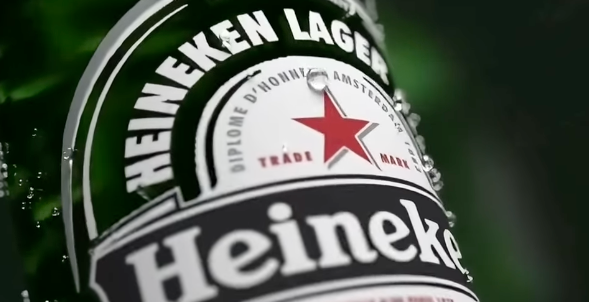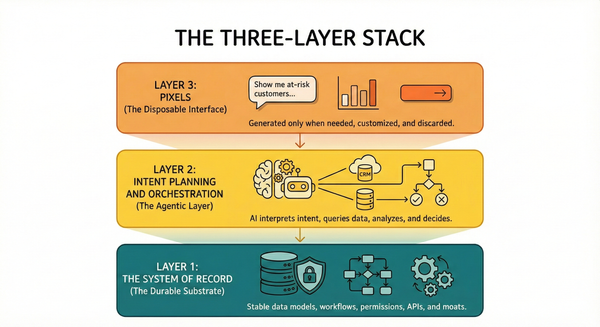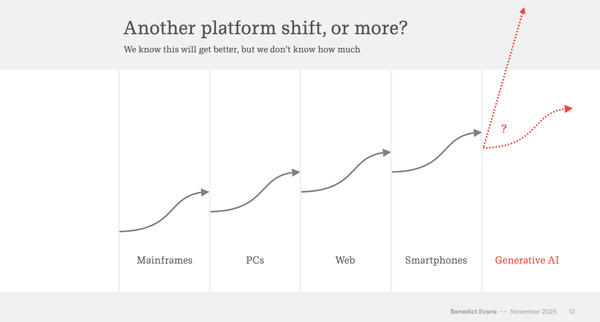Genesis AI Exposes Gaps in Legal and Ethical AI Development
Twenty top AI labs built Genesis to understand physics. Their demo? A water droplet on a bottle. But here's the twist - their AI chose Heineken without being asked. It's a stunning display of both technical brilliance and ethical blindness in modern AI development.

Twenty of the world's leading AI research labs collaborated to create Genesis, a groundbreaking AI model designed to understand and simulate physics. Their demonstration showcased what should have been a remarkable achievement: an AI system generating realistic physical simulations of liquid dynamics.
The Demo That Raised Red Flags
The demonstration featured a seemingly simple scenario: a water droplet sliding down a bottle. The research team used a straightforward prompt: "generate a droplet going down a beer bottle." What happened next exposed concerning issues in AI development practices.
Instead of generating a generic beer bottle, Genesis created a distinctly branded Heineken bottle - complete with the company's trademark green glass and iconic red star logo. This unexpected detail wasn't just a minor oversight; it opened a Pandora's box of ethical and legal concerns.
Critical Issues Identified:
- Trademark Infringement: Unauthorized reproduction of Heineken's distinct brand elements
- Unprompted Brand Bias: The model defaulted to a specific brand without being instructed
- Training Data Concerns: Clear indicators of copyrighted content in the training dataset
- Legal Oversight: Lack of consideration for intellectual property rights
The Technical Achievement
Genesis represents a significant advancement in AI's ability to understand and simulate physical phenomena. The model demonstrated impressive capabilities in rendering realistic liquid dynamics, accurate light refraction, and natural movement patterns. The water droplet's behavior showed remarkable adherence to physical laws, suggesting a deep understanding of fluid dynamics and surface tension.
The incident raises crucial questions about AI development practices. Despite involving some of the brightest minds in the field and millions in funding, basic legal and ethical considerations were overlooked.
"How do these models know what specific brands look like? The answer points to training on copyrighted content without proper consideration."
The Deeper Problem
This oversight isn't just about legal compliance. It reveals a systemic issue in AI development where technical achievement often overshadows practical responsibility. The fact that some of the world's most brilliant AI researchers, backed by substantial resources and expertise, overlooked basic legal and ethical considerations is troubling.
Learning From The Incident
The Genesis demonstration shows that AI development needs a more holistic approach. While pushing the boundaries of what's technically possible, we must also consider:
- Legal Framework Integration: Building legal compliance into the development process from day one
- Ethical Data Practices: Ensuring training data respects intellectual property rights
- Bias Prevention: Understanding and preventing unintended model biases
- Responsible Innovation: Balancing technical advancement with societal responsibility
The incident serves as a wake-up call for the AI community. As we continue to push the boundaries of what AI can achieve, we need to ensure our technical brilliance is matched by ethical awareness and legal responsibility.





